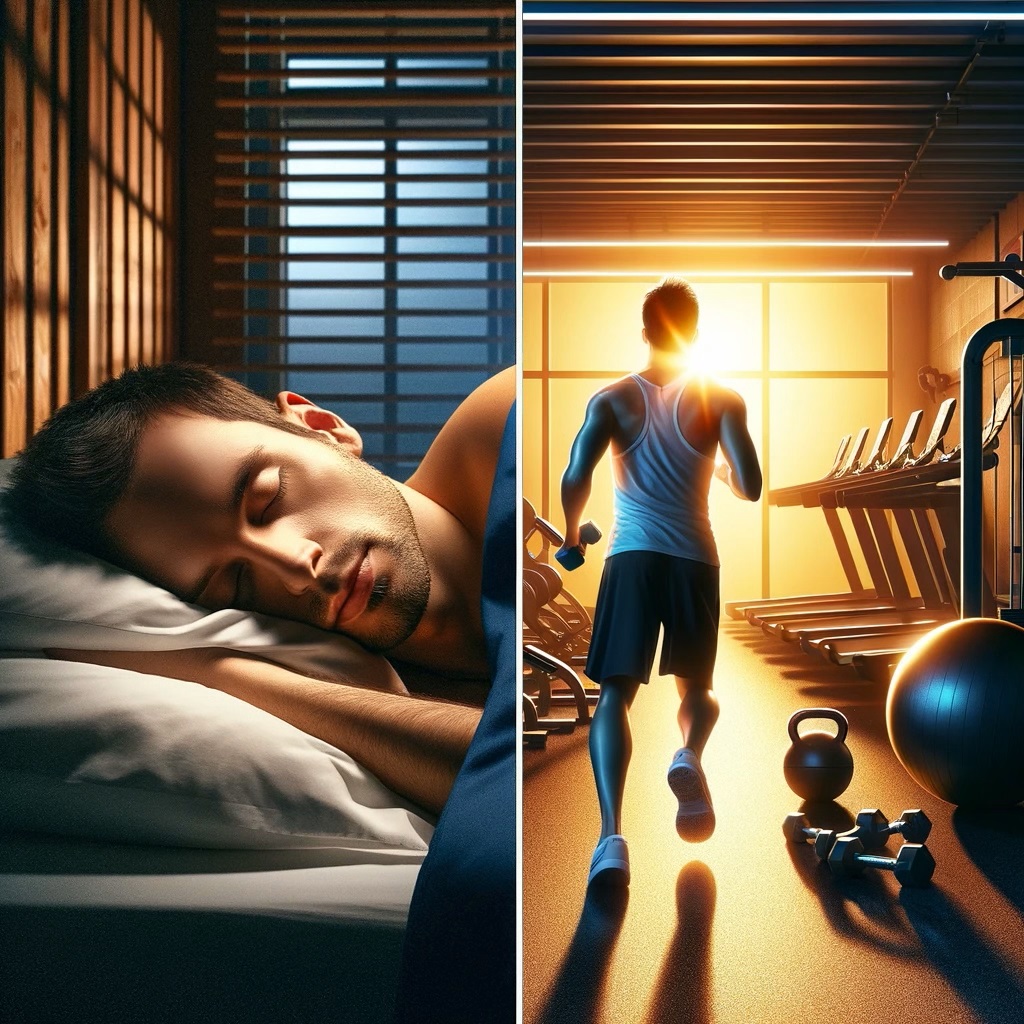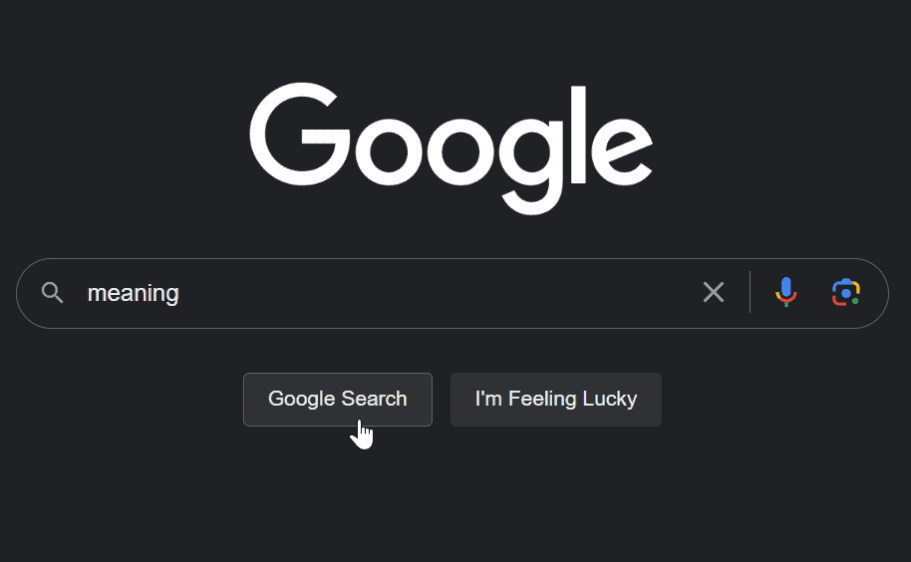More Smarter: Tools to Sharpen the Mind, as Based on Dan Hurley’s Smarter
Summary provided by Tyler Capps

Bite the bullets (a quick summary if you don’t want to read the whole article)
-
- There are different types of intelligence, and ALL can be improved with practice
-
- Sleeping around 7 hrs per night, consuming caffeine, exercising, and having one to two alcoholic drinks per night are each associated with better cognitive ability
Savor the Summary
As is the case with most people at some point in their life, I’ve recently felt as if my intelligence has started to plateau and that learning new information is becoming more difficult. Being aware that there is a lot of research on how any and everything can affect brain health/function, I decided to start my journey to building a healthier/stronger brain by reading something that provided a good summary of the space. Dan Hurley’s Smarter: The New Science of Building Brain Power, is a book that attempts to do just that.
Throughout the piece, Hurley presents many different branches of research and supplements this by offering himself up as a guinea pig to put the research to the test. I appreciated this approach as I often find research without the support of real-life examples, or vice versa, leaves out a critical piece of information necessary to fully support an argument. And while I won’t be chronicling his adventures of brain training, I will be using Hurley’s findings associated with brain training games, learning new skills, exercise, and brain boosting beverages as launching points to provide a brief overview in to the world of improving intelligence.
Brain Training Games:
In The World Economic Forum’s “The Future of Jobs” report, hundreds of executives were surveyed, the results of which showed that four of the top ten skills to have in the workplace by 2020 are associated with fluid intelligence. These four skills are the ability to identify patterns, think logically, solve new problems and the number one in demand skill, complex problem solving. Needless to say, if there are games out there I can play that’ll improve how I think and make me more valuable on the job market, sign me up!
Throughout Smarter, Hurley introduces multiple brain training games that aim to improve fluid intelligence, crystallized intelligence (ability to use stored skills, knowledge, and experience), or both. One game specifically aimed at improving fluid intelligence is “dual n-back,” a fairly simple game challenging players to remember patterns. Specifically, this game presents a shape in a “tic-tac-toe” matrix, changing the position of the shape during each turn and also playing a sound on certain turns. The challenge is for the player to remember when the shape was in the same position “n” turns before (where n is chosen as 1, 2, etc.) while also remembering if the sound was played “n” turns before. A few studies have shown that playing this game for as little as 20 minutes a day can improve fluid intelligence, which again is a type of intelligence that is in high demand in today’s job market.
A few other brain training games Hurley mentions are actually collections of games provided in apps such as BrainHQ and Lumosity. Similar in their approach, both provide multiple games that can vary in difficulty and attempt to attempt to improve both types of intelligence. However, when looking at which game has more proof in their pudding, BrainHQ by far has the better pudding. While Lumosity even admits on its website that they have only performed one study to validate the benefits of using their games, the benefits of BrainHQ’s games have been reviewed and proven in countless research studies. Having tried both of them, BrainHQ appears to more accurately adjust to my current skill level and thus better tailors the games for rapid incremental growth.
Regardless of which brain training game you choose, true value is created when you flex your brain to learn a new skill.
Learning New Skills:
Similar to brain training games, stretching the boundaries of the brain also has proven benefits that increase intelligence. In Hurley’s self-experimentation, he puts this theory to the test by attempting to learn a new instrument, which is associated with growing white matter in the brain. White matter is what allows nerves in the brain to communicate Similar to highways, the more white matter there is the more quickly you can process information and make decisions. Hurley didn’t decide randomly that learning an instrument could possibly make him smarter.
There are many studies that show white matter structure is improved by practicing an instrument. But these physical enhancements to the brain are also possible via different approaches. Learning almost any new skill gives your brain the opportunity to grow. For example, if you start practicing how to shoot a bow and arrow with your hands while writing a poem with your feet, over time this will become easier and easier because the brain is strengthening the connections between the parts associated with each task. This is often more elegantly summarized as “cells that fire together wire together.”
And while mental exercise and stimulation provides a plethora of benefits, combining it with physical exercise can take you to a whole other level.
Exercise:
We have all been told how consistent exercise is associated with many physical health benefits, but did you know it also strengthens the brain? Getting your heart pumping pushes more blood through the brain, bringing much needed oxygen to help it produce the energy it needs. Exercise also helps with the physical growth and regeneration of nerve fibers, and even as little as 20 minutes of exercise can boost your memory and general cognitive functioning.
So if you didn’t already have enough reasons to hit the gym or go for a run, hopefully the “pump” it can give your brain will be the extra nudge you need.
Brain Boosting Beverages:
In addition to getting physical and mental exercise, some of your favorite drinks can also improve your intelligence. For many people it will be welcome news that coffee is one such beverage that boasts this benefit. Specifically, the caffeine in coffee increases alertness and attention, allowing the intelligence you already have to produce more complete thoughts thus leading to better decisions. Think of it as an enabler. Your brain wants to produce coherent thoughts and think through things thoroughly before making a decision, and caffeine is your friend that yells “you should totally do that!”
Some will also be happy to hear that when the caffeine is wearing off and the sun is setting, a few drinks of alcohol can also lead to some brain enhancements. Before people get too excited and start lining up the long island iced teas, this benefits only outweigh the health risks when limiting consumption to two drinks per night maximum. The results of one study show that for participants who were tasked with learning words, those who drank after studying were better at recalling the words, mentioning that: “The causes of this effect are not fully understood, but the leading explanation is that alcohol blocks the learning of new information and therefore the brain has more resources available to lay down other recently learned information into long-term memory.” [Anecdotally, the two people I know that were valedictorians of the undergraduate careers were both regular drinkers], making me think it’s time to give consistent drinking in moderation the old college try.
While many still think that smarts are completely defined at birth, Dan Hurley’s Smarter provided a great overview of some science disproving that belief. And while there is much more that can be done, starting your day off with some exercise and coffee before practicing some brain training games and learning new skills, then ending the day with a glass of wine is a great start to building a better brain.



